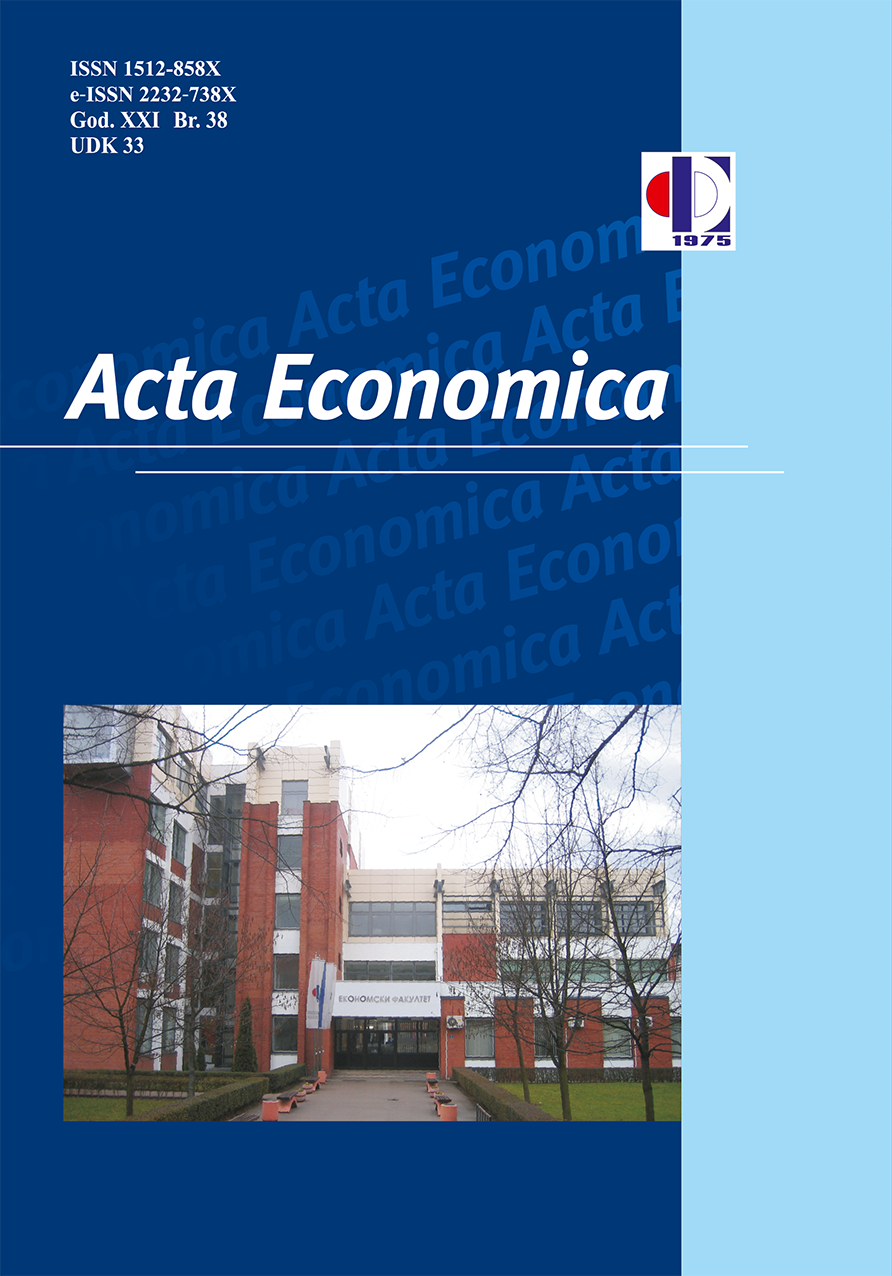EXPLAINING THE CORRELATES OF CHILD’S MULTIDIMENSIONAL POVERTY IN SOUTH AFRICA USING THE ALKIRE-FOSTER APPROACH
DOI:
https://doi.org/10.7251/ACE2339067CAbstract
Child’s poverty remains one of the major concerns in the Sustainable Development Goals (SDGs). This study analyzed the determinants of child’s multidimensional poverty in South Africa using the 2017, 2018 and 2019 General Household Survey (GHS) datasets. The Alkire- Foster’s methodology was used to compute child’s Multidimensional Poverty Index (MPI), and its correlates were analyzed using the Tobit regression. The results revealed that some regional and areas of residence factors significantly influenced MPIs across the periods (p<0.05). Also, being a Coloured, Indian/Asian, and White child and biological children of the households’ heads significantly reduced MPIs (p<0.05). Conclusively, policies and programs to address child’s poverty must among others, be sensitive to some racial, provincial and gender factors. It is therefore recommended that the government needs to critically come with strategies to facilitate achievement of some SDGs as a prerequisite for reducing child’s multidimensional poverty.

